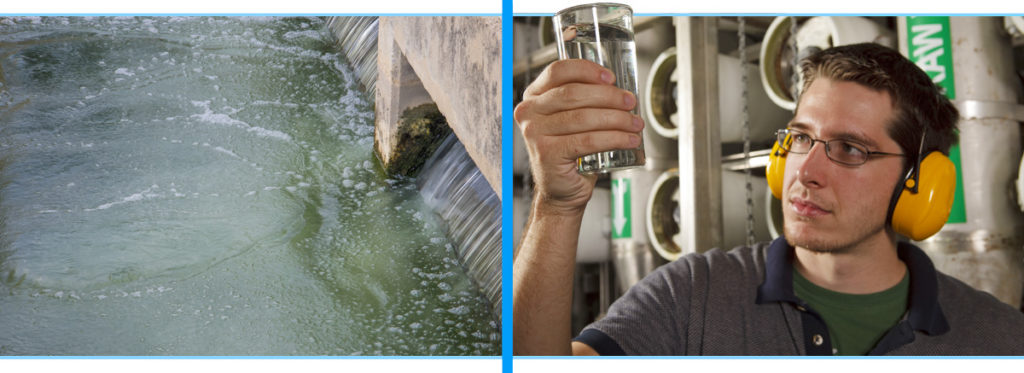News
How can I reduce my trade effluent charges for manufacturing and production businesses ?
Firstly what is trade effluent?
Trade effluent is any liquid waste (effluent) other than surface water and domestic sewerage that is discharged from a trade premises, for example manufacturing and production businesses, laundries, industries sites etc. into the public sewer.
You must comply with the legal obligations of your trade effluent consent no matter how much trade effluent your business discharges.
Trade effluent may be waste water contaminated with:-
Fats, oils and greases
Chemicals
Detergents
Heavy metal rinses
Solids
Food waste
Macerated food waste is banned from sewer in most cases from 01/01/16 in Scotland and from 01/04/17 in Northern Ireland
What is not trade effluent waste? = Liquid wastes which are not classed as trade effluent are: –
Domestic sewerage, waste water from kitchen sinks, showers and toilets.
Clean uncontaminated surface water i.e. clean rainwater which runs over your site.
Reducing and treating your liquid waste will lower your trade effluent bills, to cut costs and maximise savings and also refunds due to historical billing errors commission a water bill validation and water audit project.
This will determine the potential savings at your site(s) and identify potential for refunds due to historical water company overcharging.
This is pretty much a crucial first stage as 1,000’s of businesses have been sent incorrect water bills as a direct consequence of water market deregulation last year, with many customers of Water Plus and Wave not having received any trade effluent bills for a up to a year.
Water market reports suggest some manufacturing and production sites are now receiving trade effluent bills but the trade effluent is being billed as standard domestic waste which is incorrect and will cause these companies financial issues further down the line. So a water bill validation exercise and historical water audit report will give you a clear indication as to the strategy going forwards especially if the business has been overcharged.
Then a refund could fund your water, waste water and trade effluent costs reduction project in part or in full!
A project will no doubt include such measures as : –
Reducing the amount of waste water you generate overall.
Reducing the strength (concentration of substances) of your trade effluent.
Reusing waste water where ever possible.
To reduce costs you may have to consider such actions as : –
Check your meters and meter readings are accurate, especially at sites with more than one trade effluent discharge consent.
Mixing a higher strength discharge with a lower strength discharge.
Evaluating whether an effluent stream from one process can be used as an input to another process.
Treating effluent prior to discharge for example simple physical or chemical treatment of an effluent stream before discharge to sewer will lower the cost of further treatment by the water company and therefore your charges.
Treating a high strength effluent to recover for reuse a raw material that would otherwise have been disposed of.
Ensuring that the composition or volume of effluent does not breach your consent as you could be prosecuted or fined.
Reducing water use to cut your water meter charges and your waste water bill.
Install effluent treatment systems.
The cost of discharging trade effluent to a sewer is based on the volume discharged and the concentration of contaminates so it could be worth installing some form of preliminary treatment system.
For example, a simple sedimentation tank could remove a large percentage of the suspended solids in the effluent.
The initial water bill validation and water audit would cover potential actions to be investigated and focused on.
Send your bills to the water audit experts and they will audit your trade effluent bills, the MOGDEN formula will provide a wealth of technical information and point to the potential for client savings to be detailed in the initial water bill validation audit report.
Send your bills to info@h2obuildingservices.co.uk or call us on 08456580948
